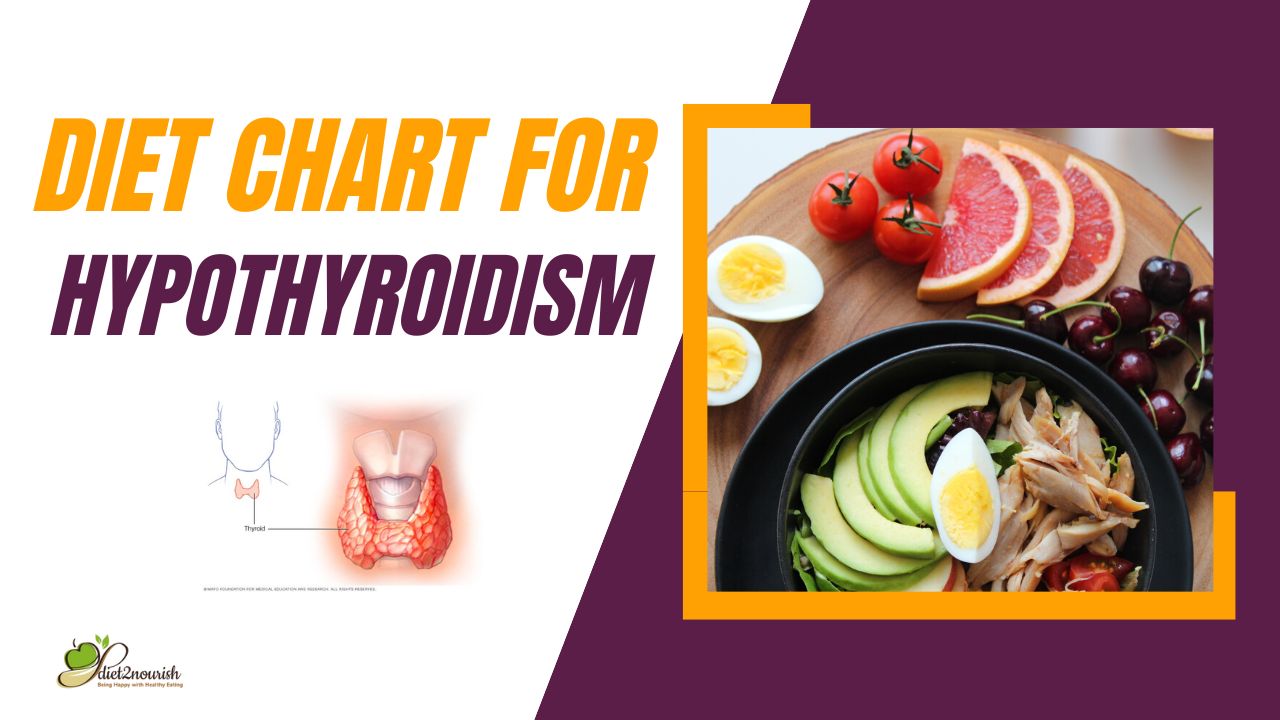Why Some People Almost Always Make/Save Money With HYPOTHYROIDISM DIET CHART
Hypothyroidism is a condition in which the thyroid gland doesn't produce enough hormones, leading to symptoms such as weight gain, fatigue, and constipation. A healthy diet can play a vital role in managing hypothyroidism by providing the necessary nutrients and supporting the thyroid gland's function. Here is a for hypothyroidism diet chart that you can follow:
Include iodine-rich foods: Iodine is essential for the proper functioning of the thyroid gland. Include iodine-rich foods like seaweed, fish, eggs, and dairy products in your diet.
Eat foods rich in selenium: Selenium is another important nutrient that supports thyroid function. Include foods like Brazil nuts, tuna, chicken, and brown rice in your diet.
Increase fiber intake: Hypothyroidism can cause constipation, so it's important to increase your fiber intake. Include whole grains, fruits, vegetables, and legumes in your diet.
Limit goitrogenic foods: Goitrogenic foods are foods that can interfere with thyroid function. These include cruciferous vegetables like broccoli, cabbage, and cauliflower. While these foods are generally healthy, it's best to limit them if you have hypothyroidism.
Eat a balanced diet: A balanced diet is essential for overall health. Include a variety of foods like whole grains, lean proteins, fruits, and vegetables in your diet.
Avoid processed foods: Processed foods are often high in salt, sugar, and unhealthy fats. These can contribute to weight gain and other health issues, so it's best to limit your intake of processed foods.
Drink plenty of water: Water is essential for the proper functioning of the body. Aim to drink at least 8-10 glasses of water per day.
Here is a sample diet chart for hypothyroidism:
Breakfast:
- 2 boiled eggs
- 1 slice of whole-grain bread
- 1 small bowl of fruits
Mid-morning snack:
- 1 apple
- 1 handful of almonds
Lunch:
- 1 small bowl of brown rice
- 1 small bowl of lentils
- 1 small bowl of vegetables (avoid cruciferous vegetables)
- 1 small bowl of yogurt
Mid-afternoon snack:
- 1 small bowl of sprouts
- 1 small bowl of fruits
Dinner:
- 1 small bowl of grilled chicken/fish/tofu
- 1 small bowl of vegetables (avoid cruciferous vegetables)
- 1 small bowl of brown rice/quinoa
Before bed:
- 1 small bowl of warm milk
It's important to remember that every individual's dietary needs are different, and it's best to consult a qualified dietician to create a customized diet plan for hypothyroidism. Additionally, medication prescribed by a healthcare professional is often necessary to manage hypothyroidism, and a healthy diet should be used as a complementary therapy.

Comments
Post a Comment